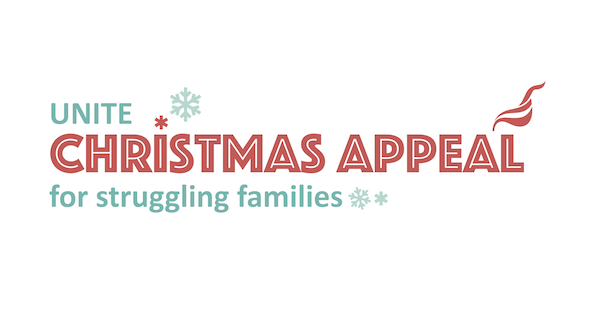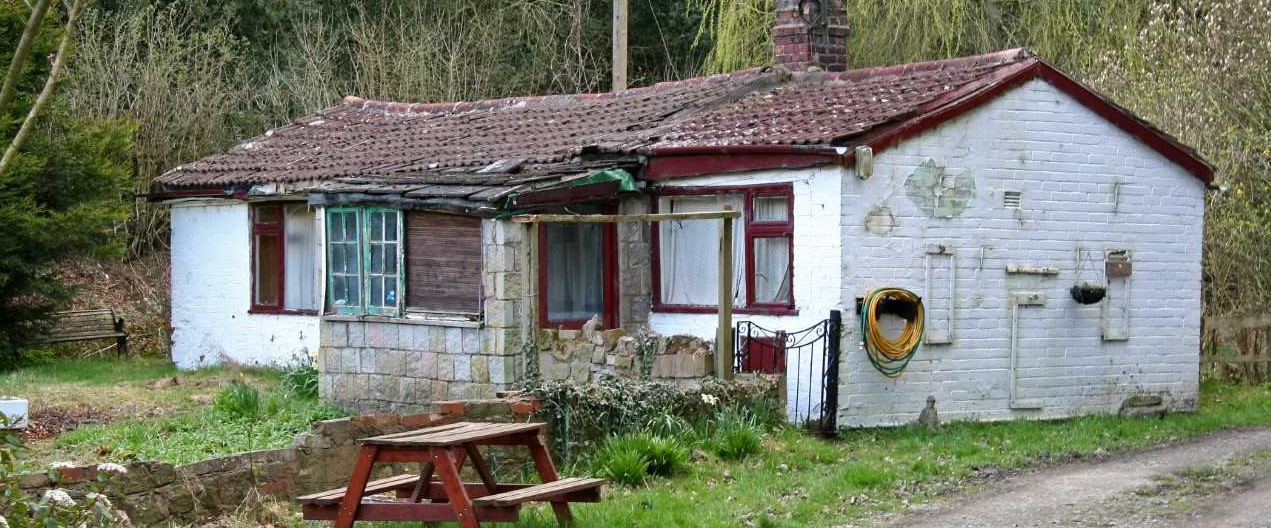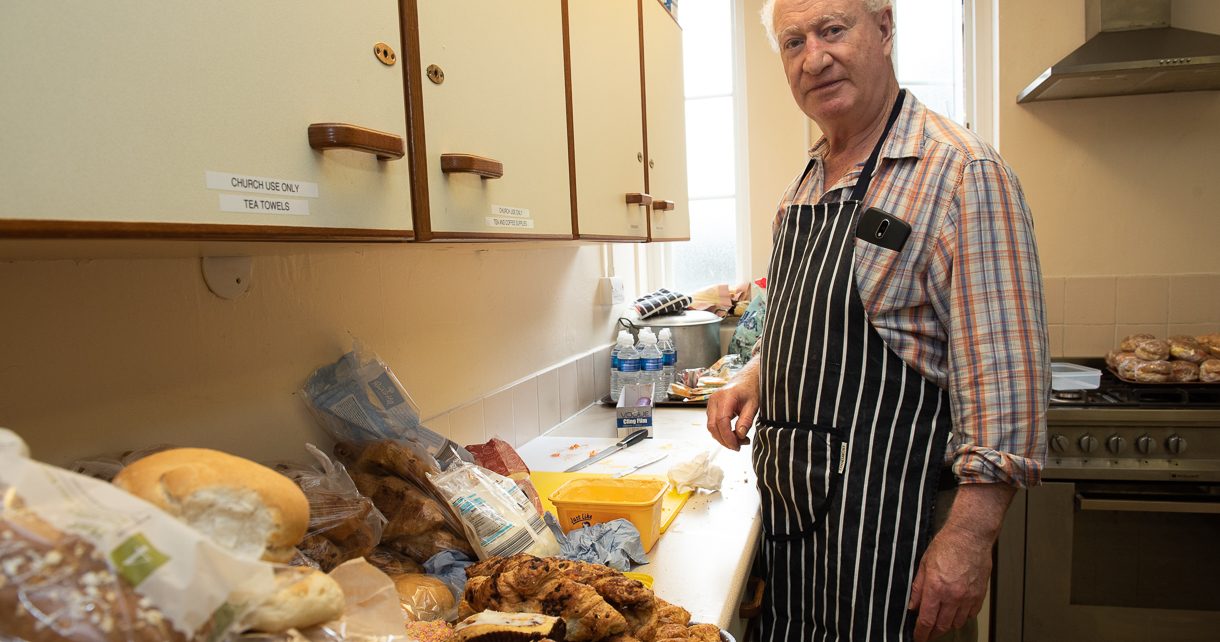The new poor
Falling levels of home ownership and a reliance on state benefits mean that middle income families now have more in common with poor households than wealthy ones, with working families becoming the “new poor”, a damning report by the Institute for Fiscal Studies (IFS) has found.
Record levels of employment – often in low paid and insecure work –    have corroded the link between unemployment and child poverty and shrunk the gap separating poor and middle income families, the IFS said.
However the report showed that increased employment since the 2008 recession has been offset by stagnant wages, meaning for many work is no longer a route out of poverty.
Despite income inequality falling since 1990, the top 1 percent of earners are continuing to outpace everyone else, even as the number of children living in poverty rose by 2 percent between 2010 and 2014. Two thirds of children living below the poverty line in 2014/15 had a least one employed parent, the report found.
The IFS report said that “in key respects, middle income families with children now more closely resemble poor families than in the past.”
“Half are now renters rather than owner-occupiers and, while poorer families have become less reliant on benefits as employment has risen, middle income households with children now get 30 percent of their income from benefits and tax credits, up from 22 percent 20 years ago,” the report said.
The trend is also reflected in levels of home ownership, the IFS stated. Of the 20 percent of the nation’s children who live in middle income households, half live in rented accommodation, up from 31 percent two decades ago.
Although figures showed strong income growth in 2014/15, the IFS said, this was only due to rising incomes for the elderly. There has been no increase for workers aged between 31-59 and a 7 percent fall for young people aged between 22 and 30 in the seven years since the recession.
“It is highly unusual to see no growth in working-age incomes over a seven-year period,” the IFS said.
Problems and solutions
Unite assistant general secretary Steve Turner pointed out that attacks on working people through low wages and insecure work have been compounded with cuts to public services and social welfare.
“This latest work from the IFS is another example of how the very wealthiest have pulled away from the majority of society, and how many have had real falls in living standards,” Turner said.
“Austerity in recent years has exaggerated the story that began in the 1980s and 1990s – growing inequality, stagnating wages and then real wage cuts and a rise in in work poverty.
“We know what the problems are and we know what the solutions are – investment in economic growth, with the wealth generated by that growth being more equally distributed, with decent work, good pay and strong trade union rights part of that.”
 Like
Like Follow
Follow


